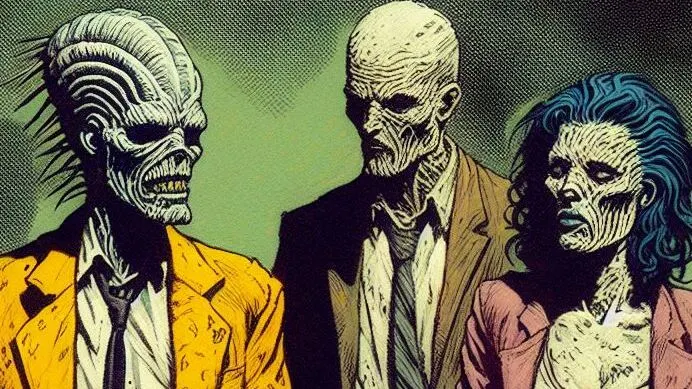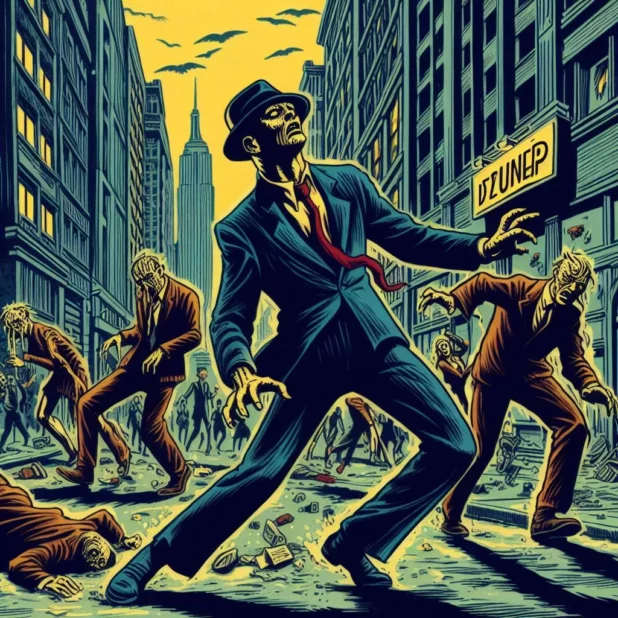Who would have thought that legalizing hard drugs would lead to a bad outcome?
In a utopia, we are understanding of everyone, especially child molesters and junkies. We treat everyone nicely and kindly (unless they disagree with the government, then we imprison, torture, murder, or exile them).
How can a utopia have bad outcomes?
When voters approved Measure 110 in 2020, they made Oregon the scene of a novel social experiment in the US by decriminalising the possession of small amounts of hard drugs and funneling hundreds of millions of dollars into substance abuse treatment.
The vote was celebrated as a groundbreaking step toward a compassionate approach to substance use disorders, one that prioritised treatment over punishment. But nearly three years after its passage, the law has become the subject of fierce debate as Oregon, like many US states, grapples with a spiralling opioid crisis.
In recent months, residents, business owners and law enforcement agents in Oregon have all pointed to spiraling drug use – in downtowns, where people openly smoke fentanyl while others lie unconscious in doorways, in small towns where mayors unaccustomed to homelessness are suddenly grappling with encampments, in terrifying newspaper stories about middle class families grieving teenagers who lost their lives to one bad pill.
Lawmakers are now considering a number of bills that would reinstate criminal penalties such as fines and jail time for drug possession – a decision that could come any day. A coalition led by prominent business owners have threatened to mobilise an effort to hobble the law even more by putting it back to the public in a ballot measure in the fall. Recent polling has shown more than half of voters support a total repeal.
Unfortunately for more than half of voters, this is a democracy, which means that their opinions mean nothing, and they just have to live in a junkie swamp, because that’s our values.
If they don’t like it, they can move to an autocracy, like Russia or China, where there is no utopia at all.
For Haven Wheelock, a harm-reduction advocate whose works for an organisation in Portland that has received funding from Measure 110, the danger of walking back the law is, in part, existential. “I think it’s going to make policy makers less brave,” she explained. “Oregon was a leader in this space. It will set us back.”
…
Wheelock observes that for all the controversy it’s caused, recriminalization may not have much immediate impact. Measure 110 funding for organizations like hers will likely continue. With an already overwhelmed system of law enforcement and public defense, it’s unclear how aggressively the police will be able to enforce any new laws.
Oregonians are, understandably, she says, growing weary of homelessness and the fentanyl crisis. “I know there are a lot of people that really hope they just, like, lock everyone up and throw away the key,” she says. “I think people who just want it to be different and just don’t want to see it any more.”
Is it understandable?
How about having some understanding for the people who want to live in the streets and shoot drugs all day? Shouldn’t they be prioritized over people who work at jobs and have families?
I thought a utopia was about prioritizing the needs of the most pathetic, deranged, and selfish people, so they will realize the error of their ways and become very nice citizens?
If anything, we need to do more for homeless junkies, so that they change their minds and become high-functioning rocket scientists and robot engineers.

